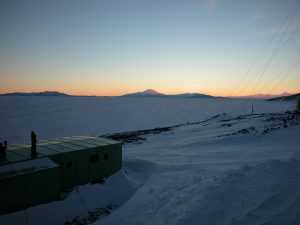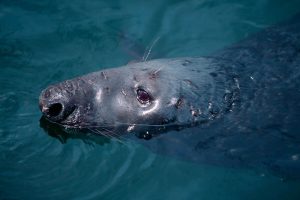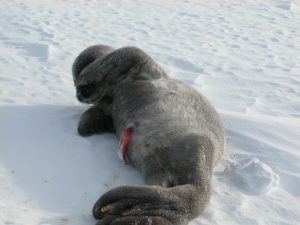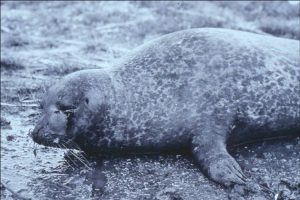Discovery: Physiology and Health
Marine mammals have unique physiologies which enable them to effectively exploit marine environments from the poles to the tropics. We investigate the anatomical, physiological and molecular adaptations that allow them to do this.
They are also exposed to the same types of diseases and disease agents as terrestrial mammals, and can often be the victims of widespread mass mortalities due to infectious diseases, particularly viruses. They can also get cancer. We are very interested to find out what causes these outbreaks and diseases and indeed how they link to human and terrestrial animal health.
Diving and other physiological adaptations
How physiologically different are marine mammals from their terrestrial counterparts? Since they live most of their lives in the sea they face many physiological challenges – for example
- how to maximize oxygen uptake and storage
- how to avoid the bends
- how to maintain body heat
- how to keep hydrated in a salty environment
- how to see in the dark
The answers to these, and many other questions related to the unique physiological adaptations are being tackled, in collaboration with their partners at other Institutes across the world.
Mike Fedak, Dave Thompson, Sascha Hooker, Ailsa Hall
Endocrinology
Thee endocrine system is the body’s signalling system that, through the production of proteins known as hormones, provides important homeostatic control and feedback information to the brain on the current status of a very wide range of physiological systems. Because of the exquisite adaptation of marine mammals to their environment, the endocrine system has often also specifically adapted to function somewhat differently to the way it does in their terrestrial relatives. We are investigating the importance of this selection pressure, on the structure and function of various parts of the endocrine system, particularly those involved in reproduction and energy balance.
Genetics
Genetics is the study of characteristics that are passed from one generation to the next and various molecular methods can be used to determine genetic variation among populations. Related individuals share many of the same genes but individuals in another group or population may have lost some of these common genes. Genetic analysis can therefore be used to distinguish one population from another, to estimate the frequency of interbreeding between populations, to investigate the ancestry and relatedness of different individuals within populations and to determine breeding and mating strategies. All populations have some diversity within the collective gene pool, without which, a population is vulnerable to disease or changes in its environment. Some marine mammal species, whose populations have been reduced to very low numbers, may have lost some of this important genetic diversity and we are investigating the potential impact of this.
Health, disease and immunity
The health of individual marine mammals may be important indicators of the health of our seas and oceans and will dictate the robustness of their populations to additional impacts. We continue to investigate the importance of viral, bacterial and protozoal infection on marine mammals as well as tracking the emergence of new disease agents such as the toxins produced by harmful algae.
The mammalian immune system is extremely complex and there is often duplication and redundancy in specific functions. Marine mammals appear to be no different. A healthy and comprehensive immune system is critical to the survival of all animals since they are all hosts to disease agents and parasites. As with many other aspects of marine mammal physiology, the immune system is uniquely adapted to the marine ecosystem. Studying immunology in marine mammals is making a huge contribution to our knowledge of the evolution of immunity in mammals as they moved from the land back into the water.
Toxicology
Marine mammals are top predators (that is, they are at the top of the food chain) and as such they are often ‘sinks’ for many different classes of marine environmental pollutants. These pollutants often biomagnify in concentration as they move up through the food chain, so that the levels found in marine mammal tissues are many orders of magnitude above the concentration measured in the water or plankton. In addition, many classes of pollutants are toxic. Adverse effects on many different physiological systems including reproduction, immune function and thyroid homeostasis have been found in seals and cetaceans.








